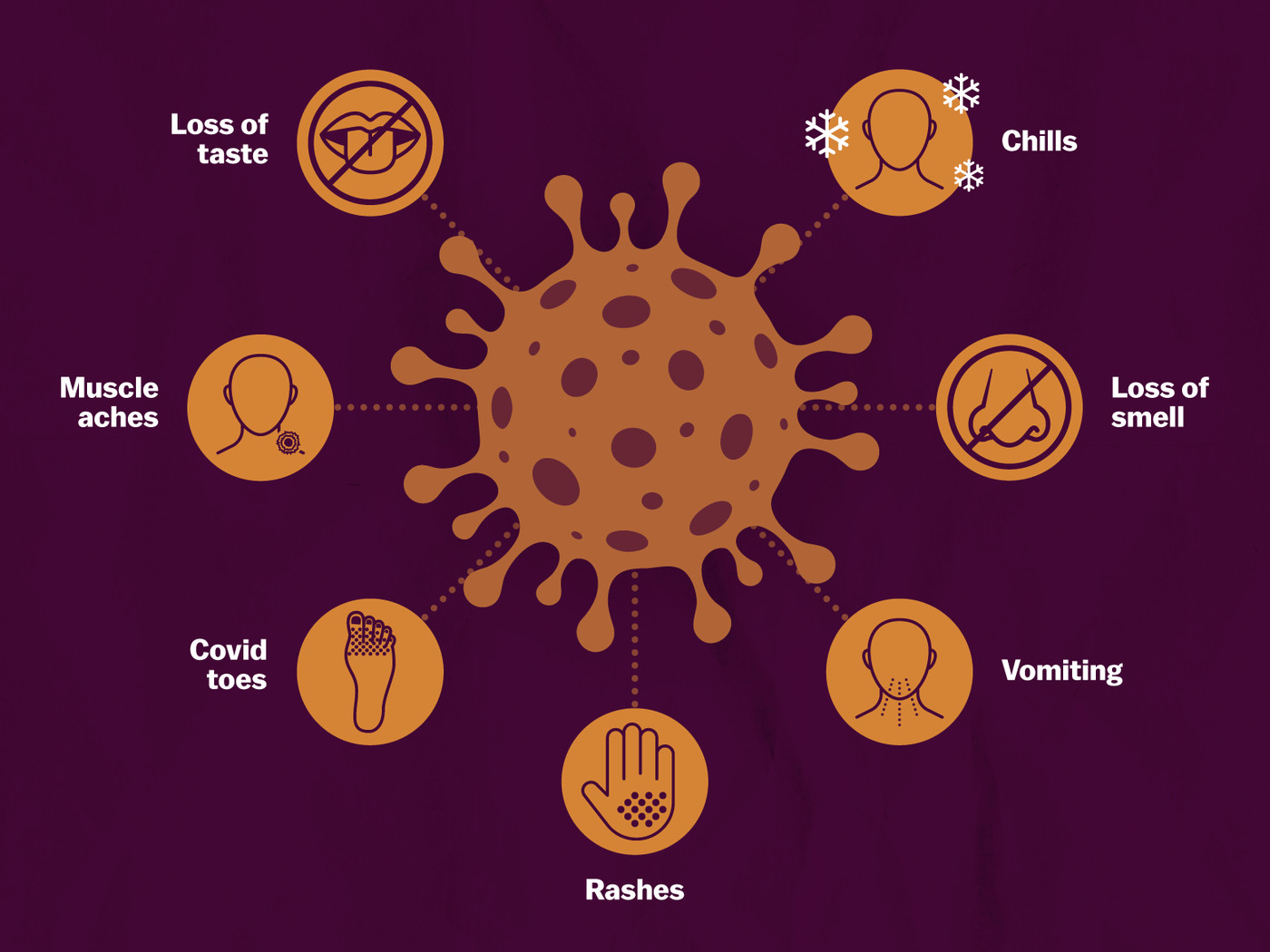ACM Transactions on Management Information Systems
SymptomID: A Framework for Rapid Symptom Identification in Pandemics Using News Reports
Kang Gu, Soroush Vosoughi, Temiloluwa Prioleau
Published

Image Source
https://www.vox.com/2020/7/29/21327317/symptoms-of-covid-19-coronavirus-fever-cough-toes-rash-loss-of-taste-smell

